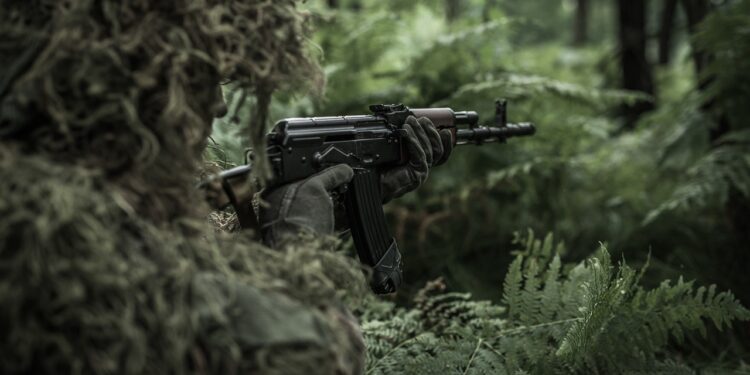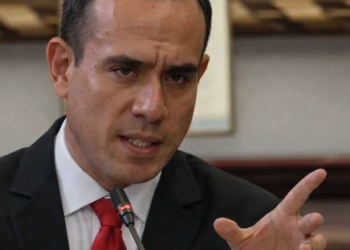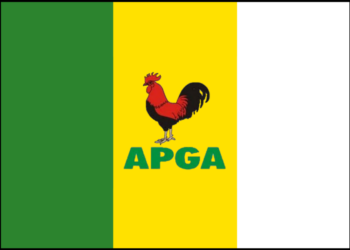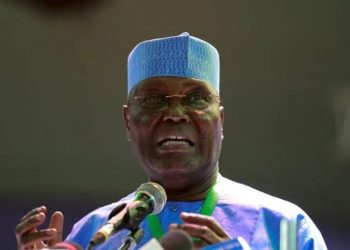After more than a year of fighting, Hezbollah and Israel have agreed to a ceasefire, bringing an end to their conflict – at least for now. This is a significant development for a region that has been torn apart by decades of tensions and violence. The ceasefire has been met with widespread relief, especially in Lebanon, where civilians have suffered the most from the war’s devastating impact.
Iran has also welcomed the ceasefire, referring to it as the end of Israel’s “aggression” in Lebanon. However, Tehran has hinted that this agreement might not deter its plans to respond to an earlier Israeli strike in October.
A Fragile Peace
While the ceasefire is a welcome relief, it’s clear that deep mistrust still exists between Hezbollah and Israel, making this deal a fragile one. In Israel, skepticism runs high. Many officials and citizens fear that the truce won’t hold and see it as a risky move.
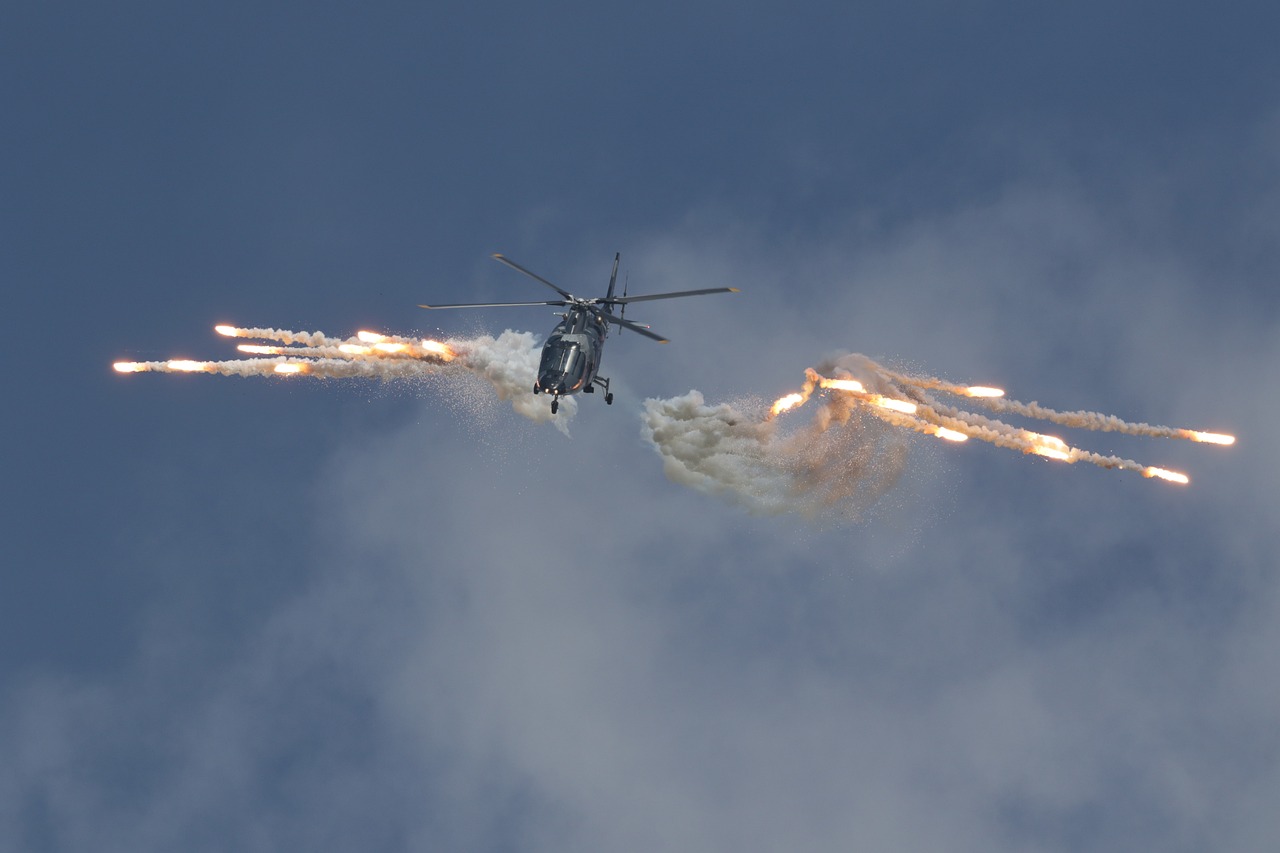
Reports from Israeli media reveal heated debates among local leaders. Some officials are frustrated, arguing that the ceasefire lets Hezbollah off the hook without offering a clear plan for displaced civilians. The mayor of Kiryat Shmona, a town near the border with Lebanon, publicly doubted the agreement’s enforceability and called for the creation of a buffer zone in southern Lebanon.
Public opinion in Israel is also divided. A recent poll by Channel 12 News found that while some support the ceasefire, many remain unconvinced. Half of the respondents believed Hezbollah hadn’t been defeated, and 30% predicted the truce would collapse soon.
Violations Threaten the Truce
Adding to the growing pessimism is the recent tension that has flared up between Hezbollah and isreal. Both sides have accused each other of breaking the agreement. On Thursday, Israel claimed it fired on “suspects” in vehicles entering southern Lebanon, saying this was a violation of the truce. In response, Israeli forces launched an airstrike on a Hezbollah facility used to store mid-range rockets.
The ceasefire terms require dismantling unauthorized military facilities south of the Litani River. However, the agreement doesn’t address facilities north of the river, leaving room for conflicting interpretations. Meanwhile, Lebanese media reported that Israeli tank fire hit five towns and agricultural fields in southern Lebanon, wounding at least two people.
Iran’s Take on the Ceasefire
Iran has been vocal about its support for Hezbollah and Lebanon during this period. Iranian officials expressed approval of the ceasefire but remained cautious about its implications.
“If the Lebanese government and Hezbollah are happy with this ceasefire, we are happy too. We’ll support that,” said Iranian Deputy Foreign Minister Abbas Araghchi during a press conference in Portugal. However, he also warned that Israel’s future actions would determine whether tensions in the region could ease.
Araghchi added that while Iran is monitoring developments, it reserves the right to respond to Israel’s earlier airstrikes on Iranian soil.
What Lies Ahead
The ceasefire is a step in the right direction, but it’s far from a guarantee of lasting peace. The persistent mistrust and mutual accusations make the situation incredibly volatile. For this agreement to hold, both sides – and their allies – will need to show restraint and a genuine commitment to de-escalation.
For now, the world watches and hopes that this truce marks the beginning of something more permanent, even though the road ahead is fraught with challenges.

